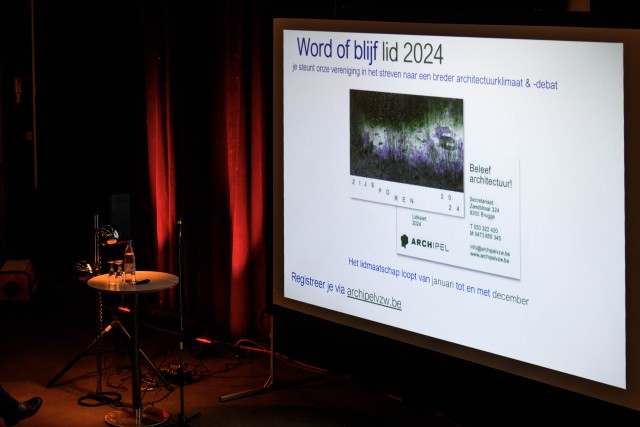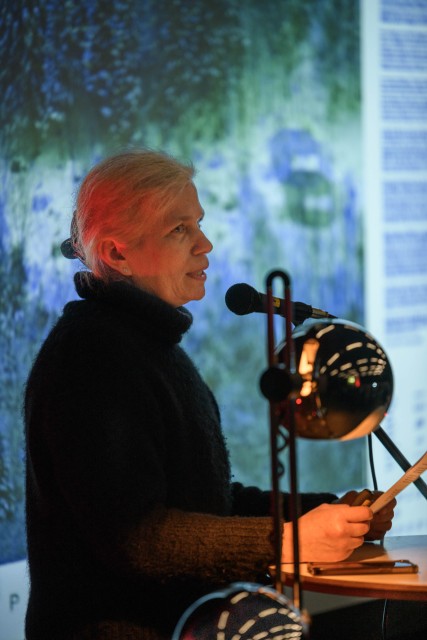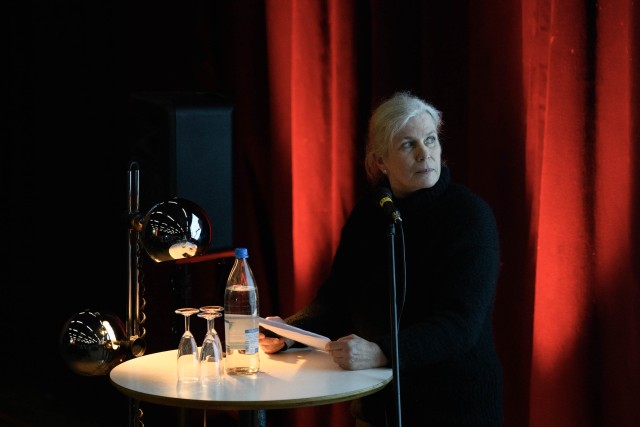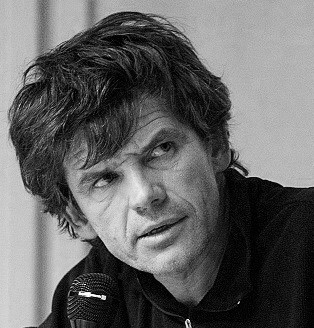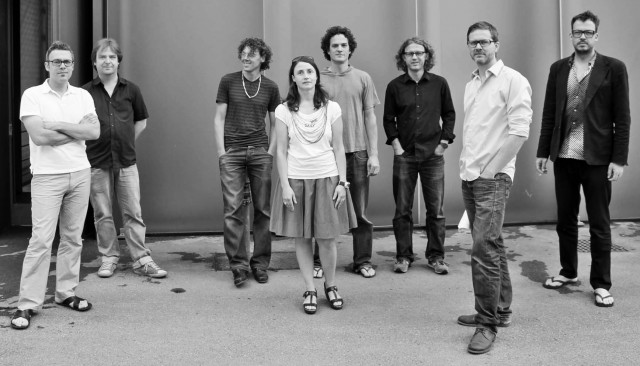Opening lecture: Detours
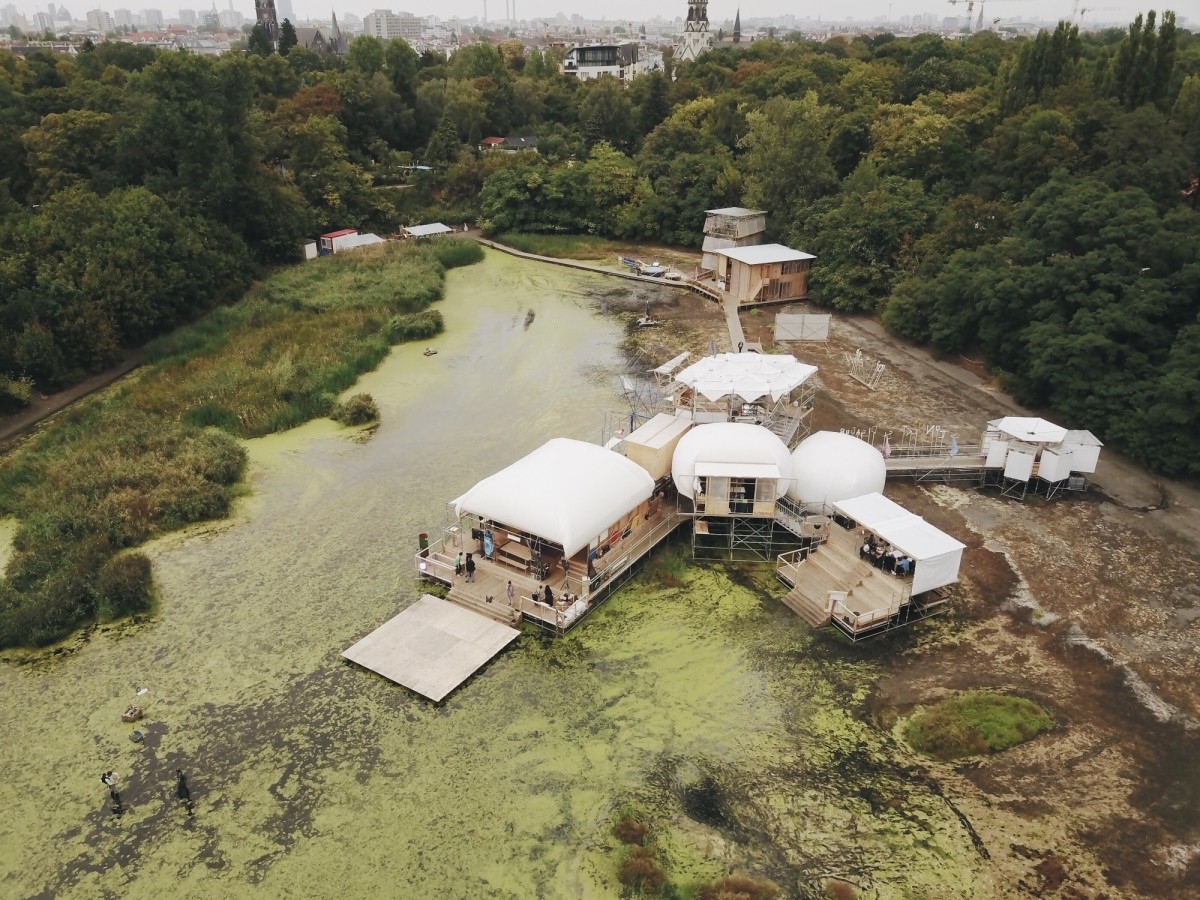 Alexander Stumm
Alexander Stumm
In Wim Cuyvers’ work, we see a focus marginal, peripheral phenomena, invisibilities and detours linked to a general humanity (or even more-than-humanity?). Using subtle tactics – installations, publications, conversations – Cuyvers’ experiences enter the public sphere, adding important notes to public discourse. The long-term practice of the architecture collective raumlabor is committed to transitory spaces. In the development of contemporary public spaces programmed primarily for consumers – “cappuccino urbanism” – transgressions are no longer tolerable. Are the margins disappearing? Is public space becoming as homogeneous as an international airport terminal? What can design do to question and perhaps transform the uses and values of public space?
Wim Cuyvers
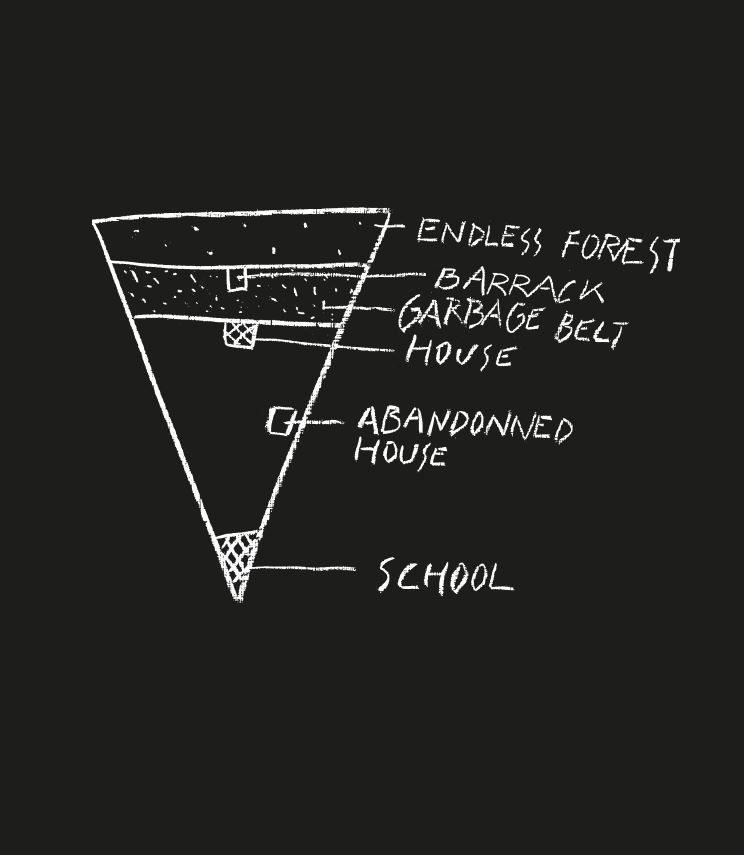
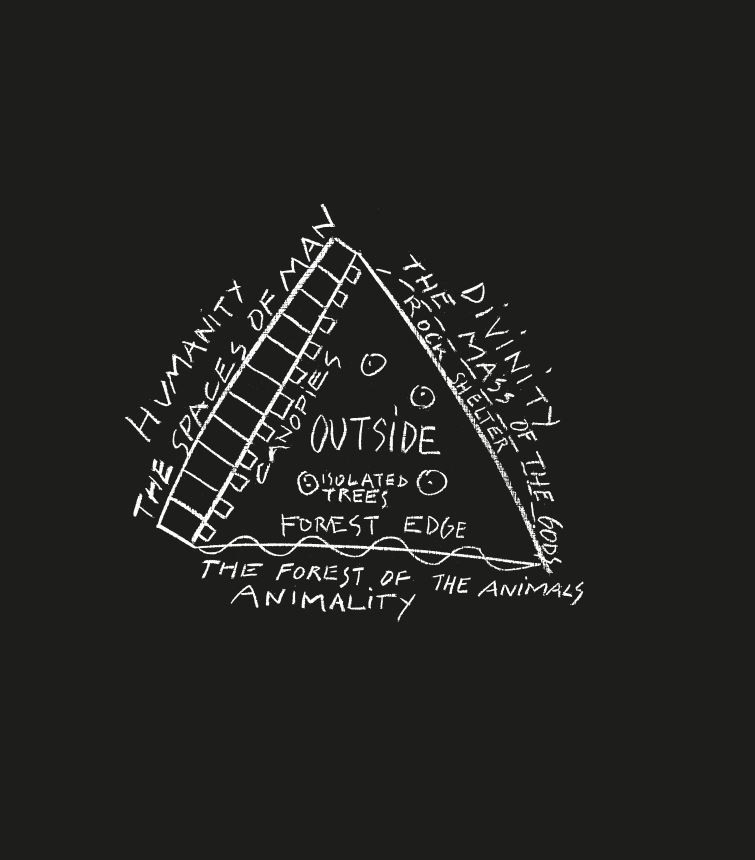 Wim Cuyvers
Wim Cuyvers
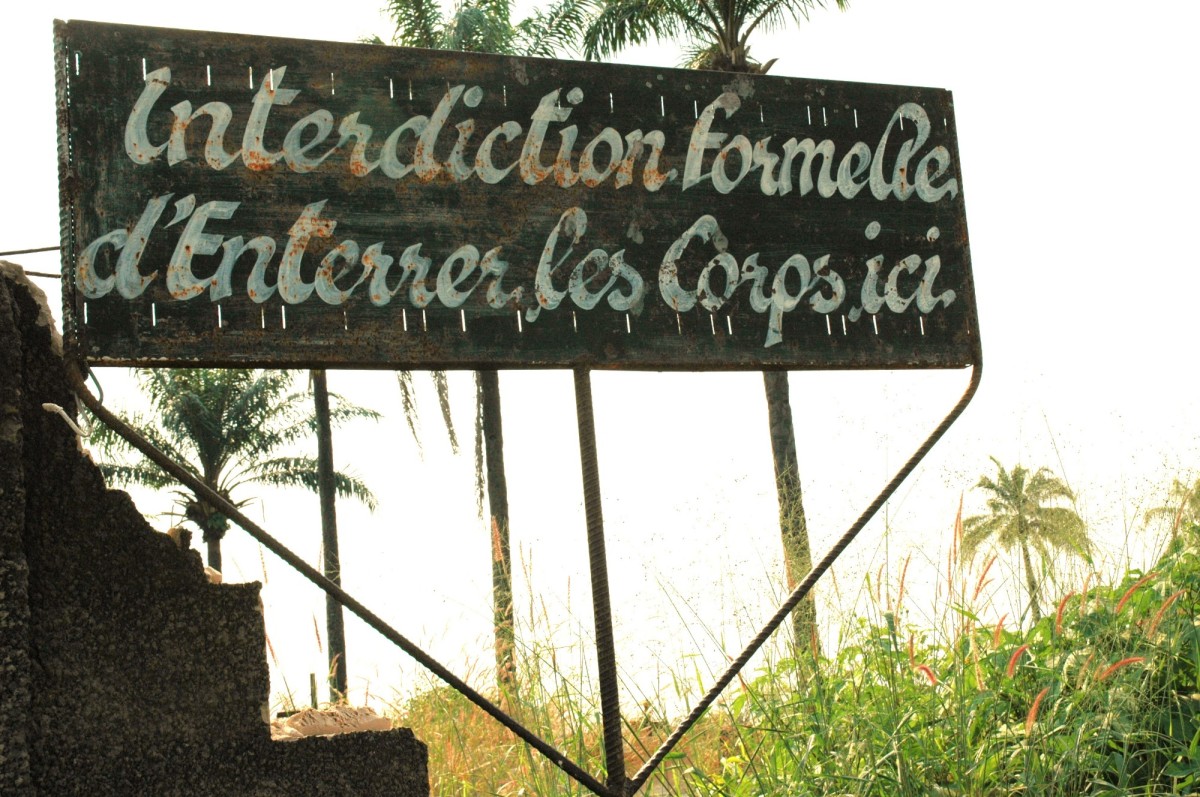 Wim Cuyvers
Brazzaville cemetery
Wim Cuyvers
Brazzaville cemetery
Wim Cuyvers graduated in architecture from the Ghent academy (1977-82). After his studies, he worked in the United States with Preston Phillips and Venturi, Rauch & Scott Brown. He then worked as an intern with Paul Robbrecht and Hilde Daem. He continued to work with this firm on occasion in the 1990s. In 1984, he also started his own office in Ghent, in which he combined architectural commissions and participation in competitions with studies on Sarajevo and rest areas on motorways, among other things. He taught at the academies of architecture in Tilburg and the Design Academy Eindhoven and at the Sint-Lucas Academy in Ghent. In 2000, he settled in the French Jura. He was an external researcher at the Jan van Eyck Academy in Maastricht until 2008.
Markus Bader, raumlabor (D)
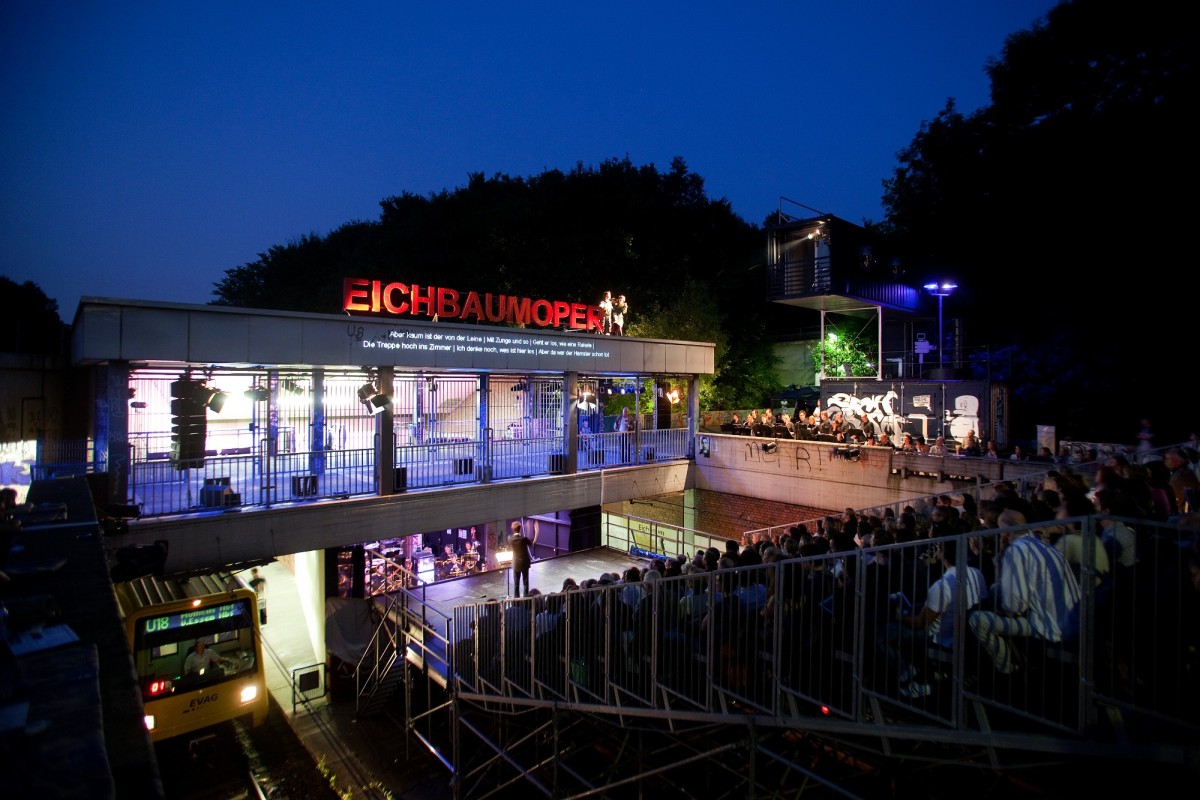 Rainer Schlautmann
Rainer Schlautmann
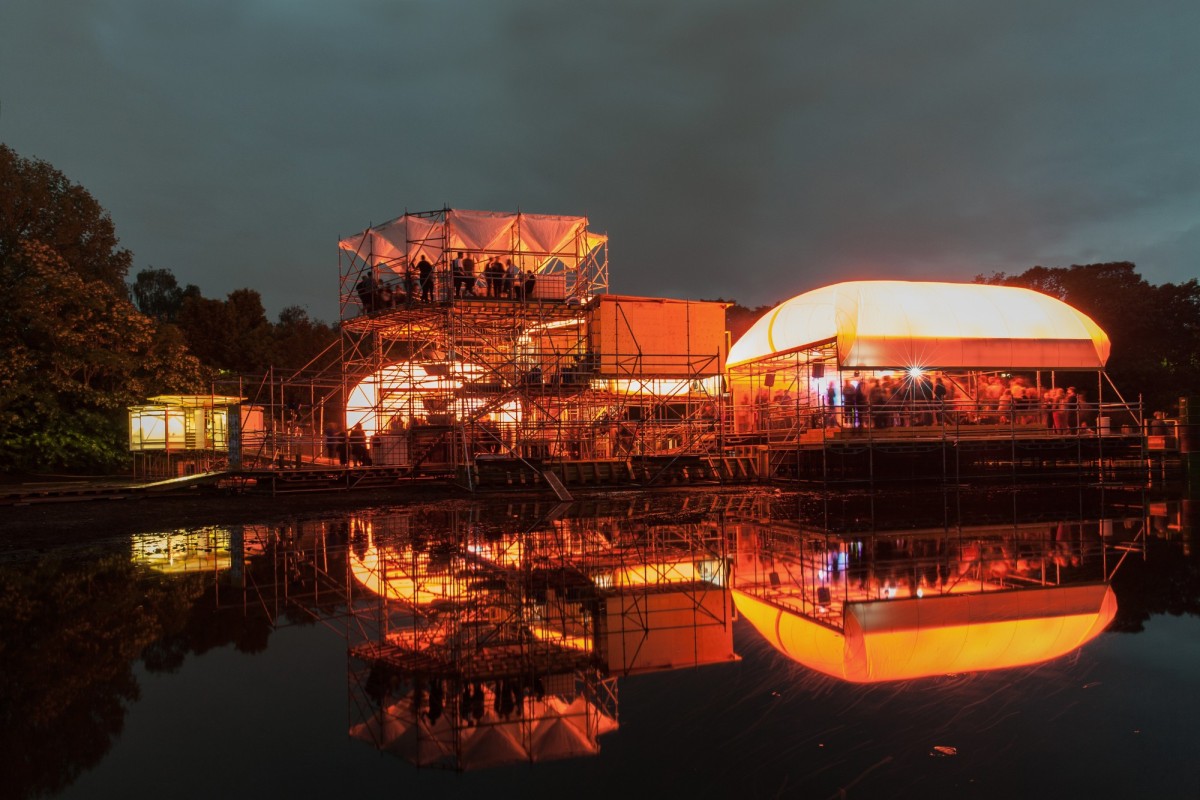 Victoria Tomaschko
Victoria Tomaschko
raumlaborberlin is a collective of nine architects working since 1999 in a nebulous field between architecture, urban design, art and urban innovation. They seek out difficulties, places where different times, economies and systems rub, collide and create frayed edges. The condition of transition attracts them to experiment with alternative uses, collective ideals and urban diversity. Learning through doing, and doing through interdisciplinary and participatory collaboration. Their work shows how that approach leads to very diverse, creative and always engaged projects, from the Oak Tree Opera (2009) – an urban lab for a neglected infrastructure node to a dynamic urban plan for the shrinking city of Halle-Neustadt (2003-2006) and a Floating University in Berlin (2019-present). Besides architecture, installations and urban planning, they also create exhibitions and books. The themes of experimentation, temporality, duration and evolution are closely linked to practices of city-making that draw our attention to movements in the city other than top-down (large-scale) development. From their rich experience and focus on transitory spaces, Markus guides us along a number of detours.




